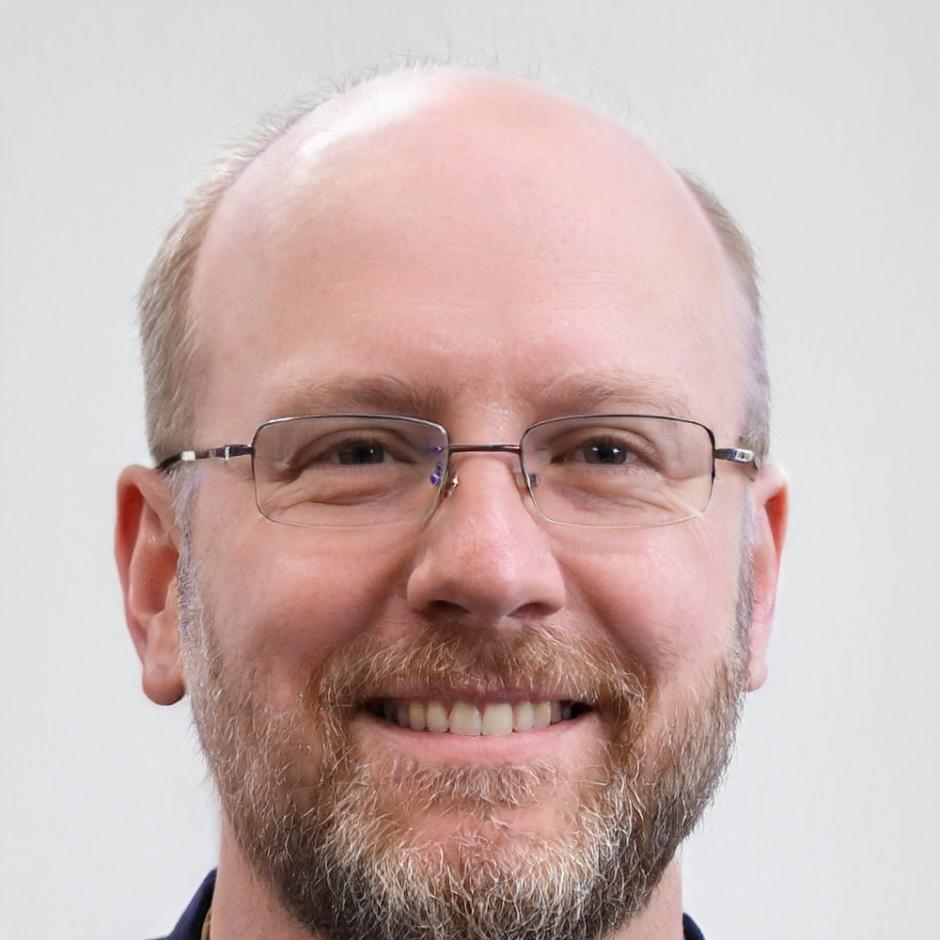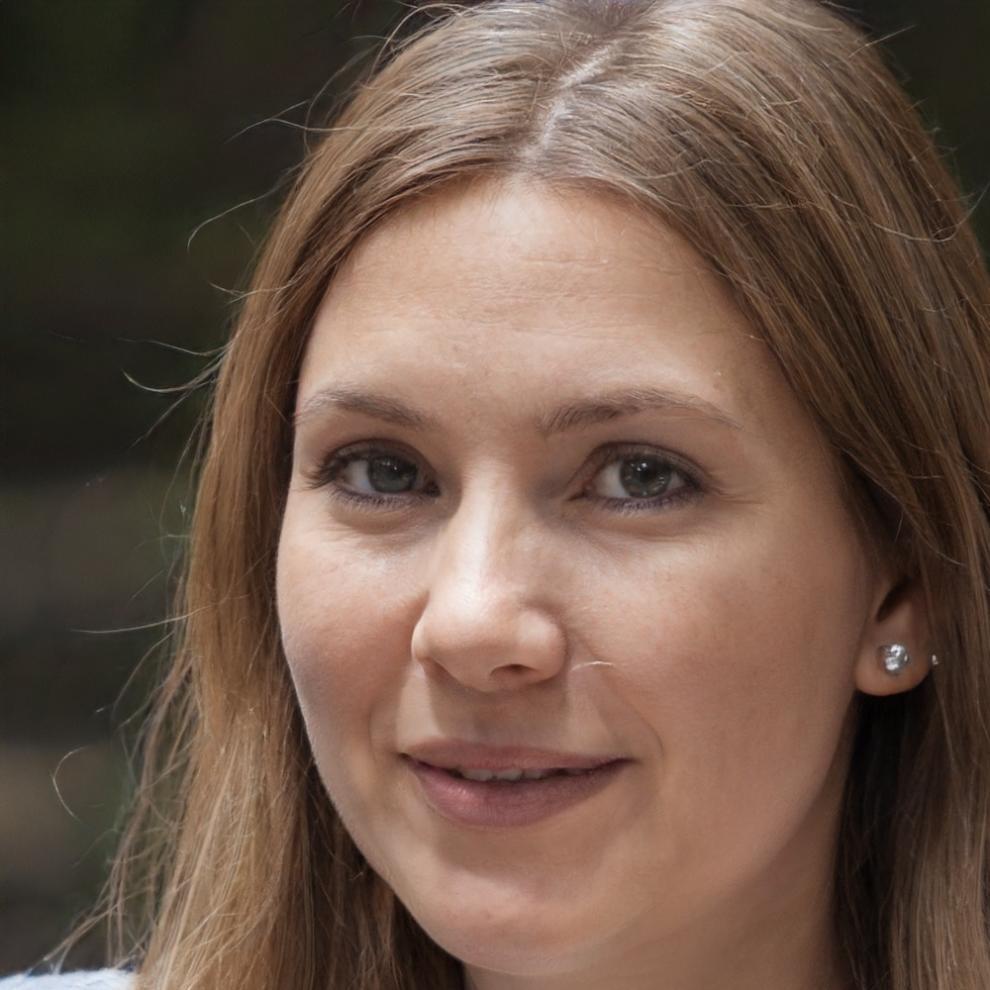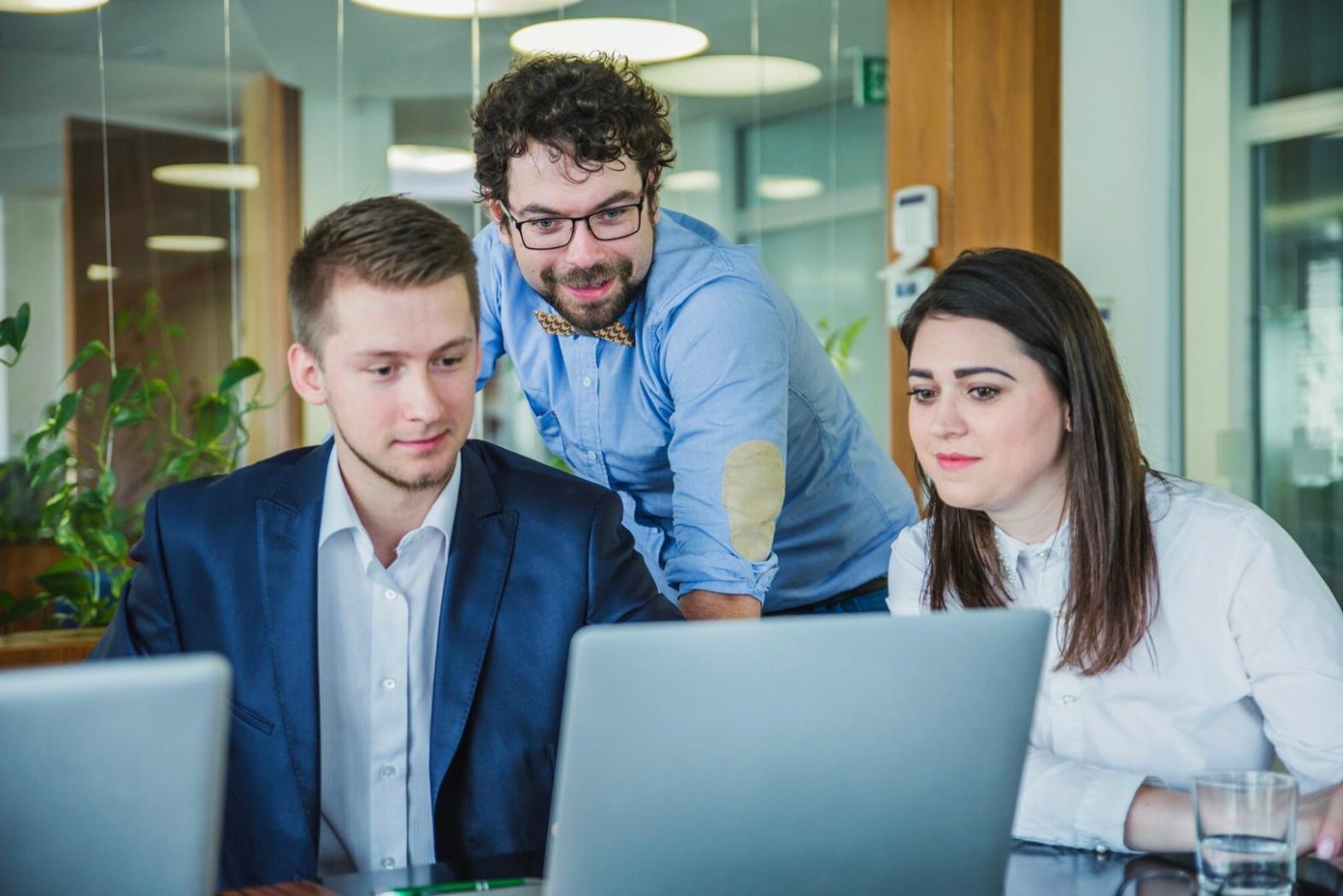Money doesn't have to be complicated
We started velixorane in 2019 because too many people felt overwhelmed by financial decisions. Not because they lacked intelligence, but because money education often feels disconnected from real life. Spreadsheets and jargon don't help when you're trying to decide if you can afford that course or whether your pricing actually makes sense.
Our approach is different. We work with people who want to shift how they think about money, not just manage it better. Because once you understand your own patterns and beliefs around finances, the practical stuff becomes surprisingly straightforward.
Built on real conversations
Every program we run comes from actual questions people asked us. Someone once told us they couldn't sleep because they didn't know if their business would survive the next quarter. Another person admitted they felt guilty every time they spent money on themselves, even when they could afford it.
These aren't budget problems. They're mindset challenges that affect everything from career decisions to daily stress levels. We designed our learning experience around these real situations, which is why participants often say it feels more like therapy than traditional finance education.
The Australian market has unique pressures—housing costs, superannuation confusion, casual employment norms. We address these specifically because generic advice doesn't work when your context is different.

The people behind the programs

Fletcher Brennan
Lead Program Designer
Fletcher spent years watching people make financial decisions based on fear rather than information. He built the core curriculum around behavioural patterns he noticed in over 200 client conversations. His background in adult education helps him explain complex ideas without the usual finance industry nonsense.

Saffron Kemp
Community Coordinator
Saffron manages the peer learning groups that make our programs actually work. She noticed early on that people learn money concepts better from each other than from lectures. Her job is making sure everyone feels comfortable sharing their struggles without judgment, which is harder than it sounds in finance education.
How we structure learning
Most financial education dumps information and hopes it sticks. We've found that doesn't work because people need time to process their own relationship with money before they can change behaviours. Our programs follow a specific sequence based on what actually helps people shift their thinking.
Identify your patterns
Before we talk about budgets or investments, we spend time on how you currently think about money. Where did those beliefs come from? Most people have never examined this, and it's eye-opening when they do. This foundation work matters because it explains why certain financial decisions feel impossible even when they're logical.

Connect with peers
You'll join a small group of people working through similar challenges. Not networking—actual supportive relationships where someone gets why you're stressed about that invoice or confused about super contributions. These connections often become the most valuable part of the program because isolation makes money problems feel worse than they are.

Build practical skills
Once you understand your patterns and have peer support, the practical tools make sense. We cover decision-making frameworks, pricing psychology, risk assessment—but in context of your actual situation. No generic advice about saving 10% of income when your income varies wildly. Real scenarios with nuanced solutions.

Practice with support
Knowledge without application doesn't change anything. You'll work on your actual financial decisions during the program—whether that's pricing your services, evaluating a job offer, or planning for irregular income. Your peer group provides perspective, and facilitators offer guidance when you're stuck. This is where the mindset shift becomes tangible behaviour change.

Questions people actually ask
Before you start
Do I need to be good at maths?
Not even slightly. If you can use a calculator on your phone, you're fine. We're not teaching accounting or complex formulas. The maths involved is addition and percentages—things you already do when shopping or splitting bills. The hard part is the thinking, not the calculations.
What if my financial situation is a mess right now?
That's exactly when this helps most. We're not here to judge your current state—many participants join because they feel overwhelmed or behind. The program works whether you're earning well but confused about priorities, or struggling with irregular income, or somewhere in between. Everyone starts where they are.
During the program
How much time does this actually take?
Two hours per week for the group sessions, plus maybe an hour of reflection or homework. Some weeks more if you're working through a specific decision. It's designed for people with jobs and lives—not an intensive bootcamp that takes over your schedule. Most participants say the time investment feels manageable because it directly impacts their daily stress.
What if I miss a session?
Life happens. Sessions are recorded and you can catch up. The peer group also helps fill you in on discussions. That said, the live participation is where a lot of learning happens, so try to attend when you can. The interactive parts matter more than perfect attendance.
After you finish
Do I get ongoing access to materials?
Yes. All recordings, frameworks, and resources stay available. Many people revisit content months later when facing new financial decisions. Your peer group connections are yours to maintain too—some groups keep meeting informally long after the program ends.
Will this solve all my money problems?
No program can promise that because your specific situation is complex and ongoing. What participants typically find is they feel less anxious about money, make clearer decisions, and have better language to talk about finances with partners or colleagues. The shift is in how you approach money, which then affects outcomes over time. But it's not magic—it requires genuine reflection and practice.
Next intake begins September 2025
If any of this resonates, our autumn program might be worth exploring. We keep groups small so there's room for actual conversation. Enrollment opens in late July for the twelve-week program starting mid-September.
Ask us your questions